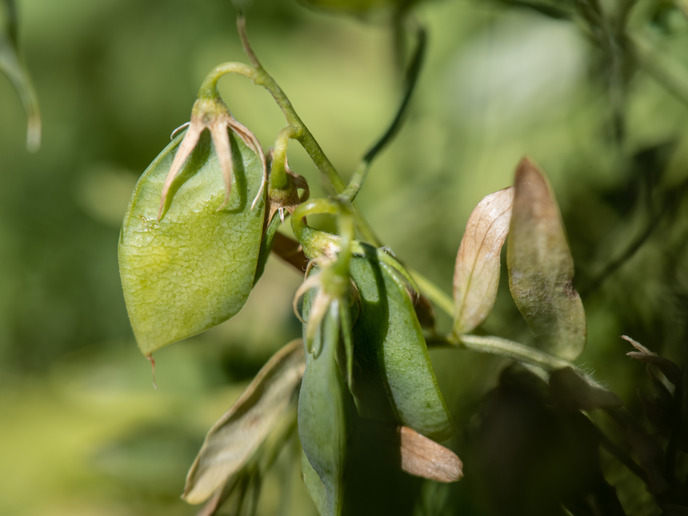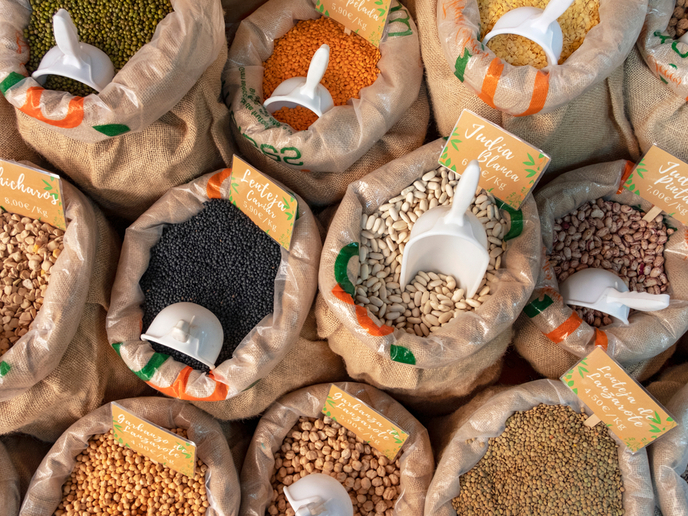Innovations in plant variety testing focus on sustainability and resilience
New plant varieties are an essential component of productive agriculture. Marketing a new variety requires that new candidate varieties are distinct from existing varieties, primarily using morphological criteria. In addition, the traits must be uniform and stable. This ‘distinctness, uniformity and stability’ (DUS) testing is necessary to be awarded plant variety property rights(opens in new window). The new variety must also perform well. This is determined through ‘value for cultivation and use’ (VCU) testing which measures the performance of plant species by evaluating traits such as yield, quality and disease resistance. DUS and VCU testing are part of statutory testing across Europe. The EU-funded InnoVar(opens in new window) project set out to increase the efficiency of these tests and to extend testing capabilities to include traits of resilience and sustainability by leveraging state-of-the-art technologies.
Genomics, phenomics and imaging
Genomics has huge potential for use in DUS and VCU testing, increasing efficiency by reducing the number of reference varieties required in expensive field trials. Phenomics using drone imaging to capture information about plant development reduces the time needed to measure traits relative to labour-intensive manual recording. “InnoVar demonstrated that genomics can identify multiple traits relevant to DUS and VCU tests and that aerial images can be integrated into both, increasing testing efficiency. In addition, the project demonstrated that it is possible to complete DUS testing in only 1 year using two locations rather than 2 years in one location,” explains project coordinator Lisa Black of the Agri-Food and Biosciences Institute(opens in new window).
Leveraging environmental data and machine learning
Environmental data is an important consideration when assessing varieties’ suitability in different growing scenarios. Soil type and weather patterns are key to performance and will become increasingly important as climate changes. Machine learning can look for patterns and predict variety performance based on complex genomic, phenomic, phenotypic and environmental data. InnoVar developed an innovative plant variety recommendation system that uses the high-performance low-risk (HPLRTM) approach to evaluating varieties’ response to inputs depending on crop and location. It identifies and ranks varieties in terms of sustainability and resilience. “Our focus on resilience and sustainability instead of maximum performance will ensure new plant varieties contribute significantly to sustainable agricultural systems more resilient to climate challenges,” says Black.
New database and template for the future
InnoVar conducted extensive field trials, overcoming the challenges of COVID-19 disruptions to distribute trial seed across five agro-climatic zones and 10 countries. This enabled the team to generate a database of harmonised genomic, phenomic, phenotypic and environmental data collected from DUS and VCU trials across Europe. The project clearly showed that the plant variety testing process should be tailored to agri-climatic zones, but there is potential for harmonisation across regions in Europe. InnoVar’s outcomes have been disseminated to plant variety testers through the EU’s community plant variety office (CPVO) and the international union for the protection of new varieties of plants (UPOV), as well as to farmers via outreach activities. “Future projects can build on InnoVar’s outcomes to ensure that more efficient ways of variety testing are introduced to capture information on sustainability and resilience,” summarises Black. Uptake in Europe should be widespread, with the continent’s new plant varieties ready to face the challenges of climate change.







